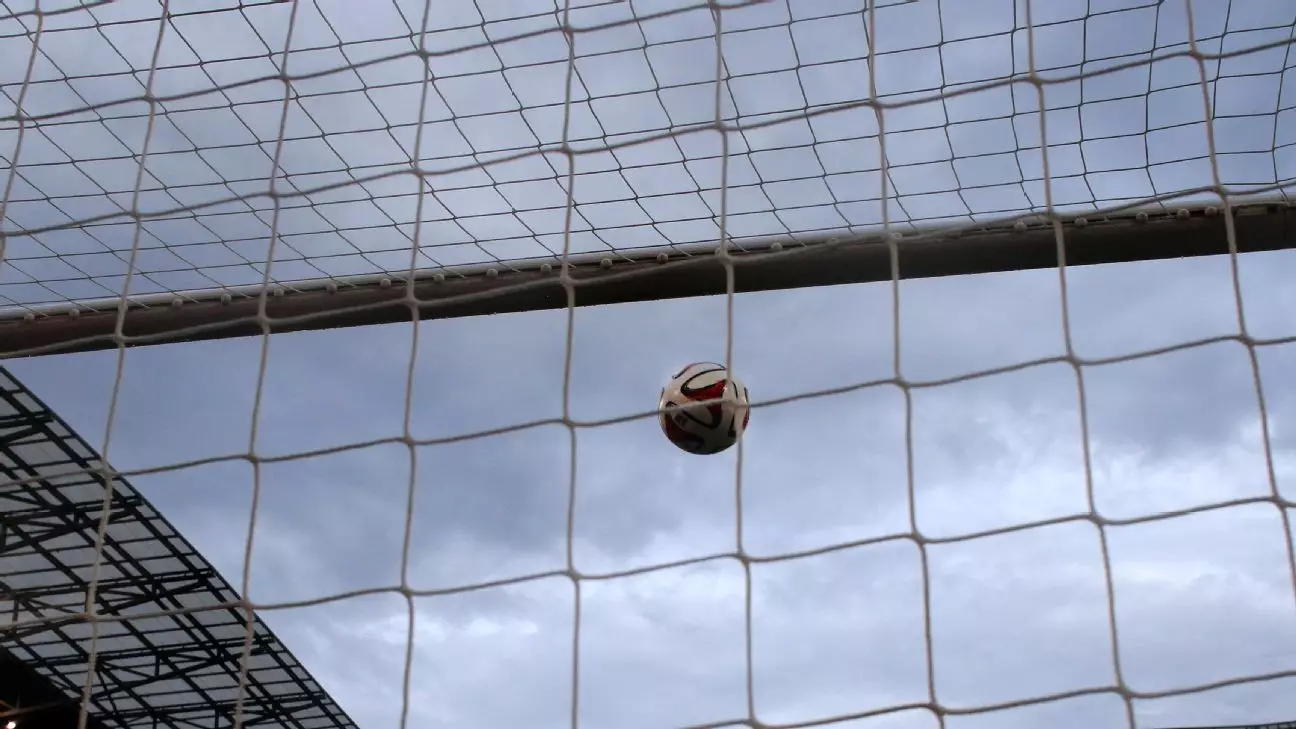The Fallout from the River Plate Scandal: Examining Ethical Accountability in Sports
When I first heard about the incident involving four players from the River Plate women’s football team, my heart sank. As someone who is passionate about sports and its potential to unite people, this controversy hit close to home. It highlighted the darker side of sports that we often choose to ignore. The allegations of racism against these athletes during a match against Brazil’s Grêmio at the Brazil Ladies Cup have sparked a necessary discussion on ethical accountability.
Sports are supposed to be a celebration of talent, skill, and camaraderie. Yet, incidents like these remind us that there is still much work to be done in ensuring that the values we cherish are upheld both on and off the field. As we delve into this issue, let’s explore what this scandal reveals about the state of ethics in sports today. The actions and decisions made in the wake of this event will be crucial in shaping future discourse around racism and accountability in competitive environments.
Key Takeaways
- The River Plate scandal underscores the urgent need for ethical accountability in sports.
- Legal proceedings highlight the seriousness with which authorities are addressing racism.
- This incident may prompt stricter measures and educational initiatives within sports organizations.
The Legal Ramifications and Temporary Release
After their arrest, the players faced an uncertain legal journey. Judge Fernando Oliveira Camargo’s decision to release them under conditions reflects a judicial commitment to addressing integrity within sports. This legal action serves as a reminder that sports figures are not above the law and must face consequences for their actions. The players’ situation also sheds light on how deeply personal stakes can run in high-profile cases, especially when they coincide with sensitive times like the holiday season.
The match itself was fraught with tension, culminating in chaos due to an alleged racial gesture. The resulting brawl and premature conclusion of the game served as stark indicators of how severe such situations can become. In awarding Grêmio a 1-1 win after halting play, officials sent a clear message: racism has no place on the field. River Plate’s subsequent two-year ban from the tournament further emphasizes this zero-tolerance policy, setting a precedent for other organizations to follow suit.

This incident has prompted sports organizations to reflect on their roles as catalysts for unity rather than division. By banning teams involved in racist incidents from future participation, events like the Brazil Ladies Cup are taking tangible steps towards accountability. This is part of a larger trend across South American sports, where misconduct related to racism has historically led to sanctions against Argentine clubs.
Club Accountability and Educational Initiatives
In response to the scandal, River Plate condemned their players’ actions and vowed to implement disciplinary measures. This acknowledgment by the club is pivotal; it signifies a shift towards understanding that tackling racism requires both reactive and proactive strategies. Sports organizations are recognizing that they must educate not only their athletes but also staff and fans about prejudice and discrimination.
Such educational initiatives could include workshops, seminars, and campaigns designed to foster an inclusive atmosphere within clubs. By addressing these issues head-on, clubs like River Plate can lead by example, demonstrating a commitment to change that extends beyond surface-level gestures. It’s about creating an environment where respect is ingrained into every facet of sport culture.
The Road Ahead
As this case unfolds, it will be important for all parties—players, clubs, event organizers, and supporters—to engage in honest conversations about prejudice and accountability. Only through open dialogue can real progress be made toward eradicating discrimination from sports altogether. We must remember that football and other games have a unique power to bridge cultural divides; thus, they should also serve as platforms for advocating dignity and respect among all participants.
In conclusion, while this scandal has cast a shadow over River Plate’s legacy, it also presents an opportunity for growth and transformation within sports communities worldwide. By prioritizing ethical accountability now more than ever before, we can ensure that incidents like these become relics of an unenlightened past rather than recurring narratives within our beloved pastime.
Final Thoughts
The fallout from the River Plate scandal serves as a powerful reminder that ethical accountability is crucial in maintaining integrity within sports. As fans and participants alike navigate this complex landscape, it’s essential to remain committed to fostering environments where fairness prevails over prejudice. Through continuous education and firm policies, we can work together towards building a future where every player feels valued and respected—both on and off the field.
River Plate scandal
ethics in sports
racism accountability
sports integrity


Leave a Reply